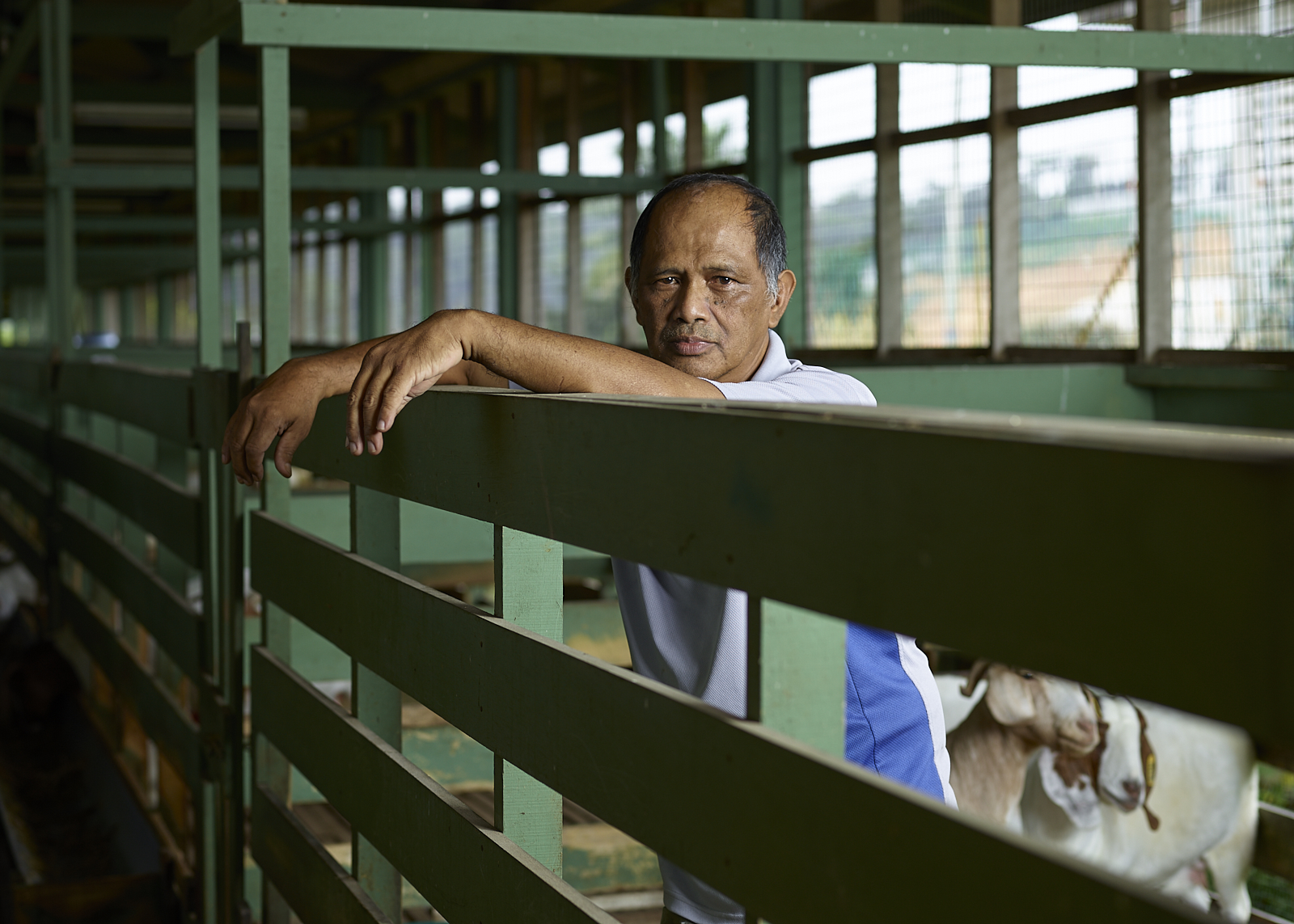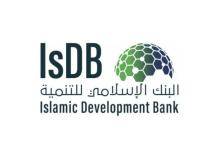
Rebuilding Resilient Agri-Food Value Chains for the Future
The coronavirus pandemic and the lockdown which ensued have presented us all with huge challenges. Policymakers are no exception, for whom the pandemics' uncontrollable nature has placed them in a difficult situation; the choice between the health of the nation and the economy. The impact of the lockdown has affected the supply and demand on a global scale not seen in our lifetime resulting in our first global depression. The effect will inevitably lead to an increase in inequalities and poverty, and the world may record its first increase in poverty since 1998.
During these critical times, actions taken by countries will determine their long term success. The Islamic Development Bank(IsDB), with a business model poised to catalyse private and public investment for the economic and social development of its 57 member countries, has identified a set of core industries in which our member countries offer distinct competitive advantages. By leveraging the unique position of member countries' global value chains (GVCs), not only will member countries be able to tackle their short and medium-term issues, but also have the potential to increase their market share in the global economy in the long run.
Agriculture is one of the core industries in which our member countries have a competitive advantage. IsDB member countries have an immense potential to be global leaders in cereal, horticulture, and meat production and processing. Agriculture is recognised as a pathway for national transformation through socioeconomic development and as a crucial engine for growth. However, the real value within agriculture in IsDB member countries remains largely untapped as IsDB members have concentrated on production. This has resulted in nascent primary and secondary processing in the region, and IsDB member countries missing are out on opportunities for higher value creation.
To capture the sector insights, challenges, opportunities, and potential that lie ahead in the agri-business industry for our member countries, we are launching the report on the future of the Agriculture and Food Industries.
In this report, we will tackle trends and challenges that will profoundly impact the agri-food sector over the next decade. From the consequence of the coronavirus pandemic resulting in more transparent and diversified value chains to the shift in consumer preferences, nutritional habits, and the emergence of new consumer groups. At the same time, analysing the looming megatrends of global population with an expected growth of 800 million in the next decade, increase demand for food. In addition, investigating the fundamental changes in the agriculture landscape due to unsustainable farming, climate change, and resource-depleting agricultural practices limiting outputs and putting food security at risk.
Sound decisions stem from an understanding of the underlying problem. Currently, IsDB countries are copious agricultural producers, but many show a structural weakness in food processing, causing them to miss out on the most lucrative segments of the agri-food value chains. IsDB countries emphasise on production results in our member countries to lose out in 60-70% of the value of agri-food products. Consequently, shrinking economic opportunities within the industry will continue to fuel a steady rural exodus in many IsDB countries, planting a seed to cripple agriculture production in the future. Reversing rural exodus should be tackled by the creation of skilled jobs in the sector by encouraging mechanisation, workforce education, and improved infrastructure.
The use of genetic engineering, automation, digitalisation, precision farming , the current agri-food industry has become a technology-driven business in most developed economies. However, the IsDB countries remain heavily dependent on manual labor; this has made developed countries more competitive. With innovations becoming cheaper and more applicable to any farm size, as well as the use of affordable, low-tech innovations, IsDB producers have a chance to catch up with their more developed competitors. Failing to do so may significantly widen the productivity gap even further between the advanced economies and the developing and least developed countries.
The pandemic and lockdown have shown the world that the agri-food industry, like many other industries, are interdependent in the complex value chains. From input to output and the risks posed along the value chain requires countries and policymakers to take action in building a resilient agri-food value chain to prevent any prolonged and sustained negative effects, which may threaten the future prospects of both supplying and consuming countries. Understanding the different stages and complexity of the value chains and an innovative, collaborative approach is required to ensure the building of resilient value chains.
In the highly volatile agriculture landscape we live in today, IsDB countries can create industry coalitions and partnerships to unlock their potential by leveraging their combined agri-food market of USD 650 billion. Innovation and private sector involvement are crucial to improving the future competitive position of IsDB countries. The agri-food sectors in our member countries can attract private investors with fair risk-sharing and smarter allocation of capital and foster innovation by promoting and localising innovation through research funding and regional innovation hubs.
As part of IsDB shift towards this new business model, we set clear goals to catalyse private and public investment for the economic and social development of its member countries to enhance the competitiveness of its member countries' agriculture sector, deepen and widen value chains domestically, explore synergies between member countries, facilitate connectivity to the global markets, invest in science, technology and innovation, and create global partnerships.
The sector insights contained in this Futures Report and its critical view of the challenges, opportunities, and potential that lie ahead provide a valuable baseline and starting point for future collaboration and strategy for our member countries to build resilience and future proof the industry.

